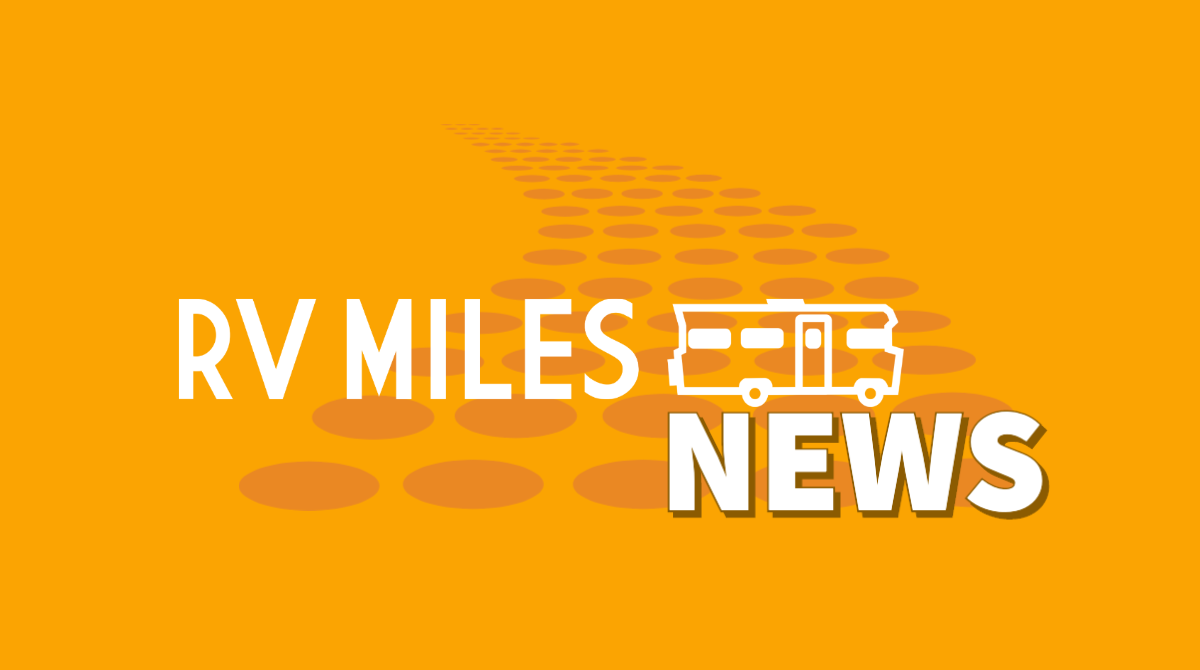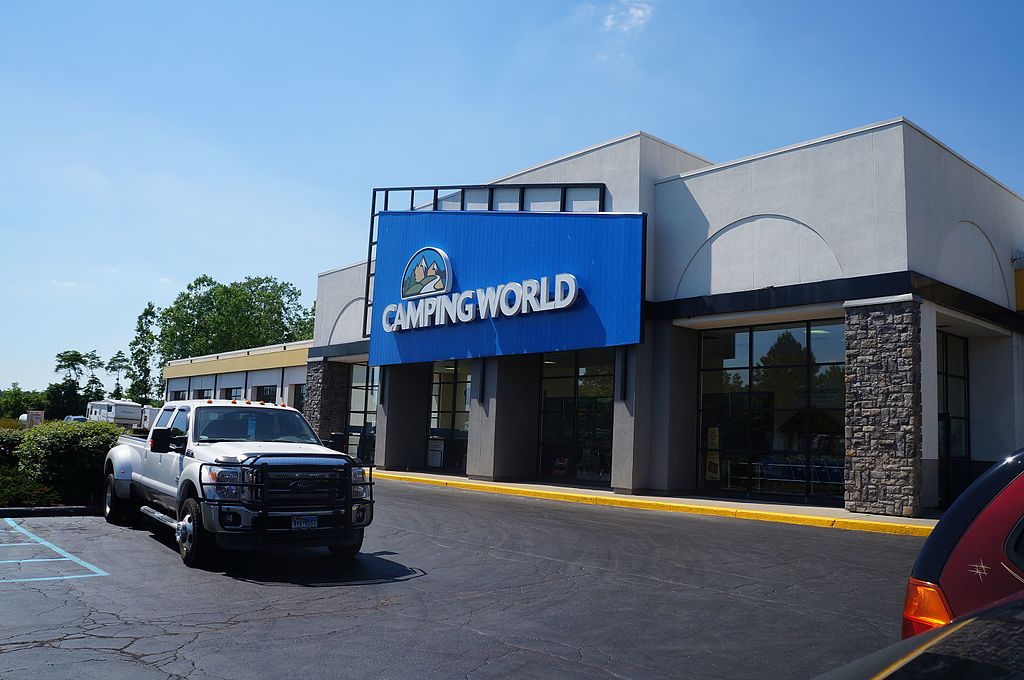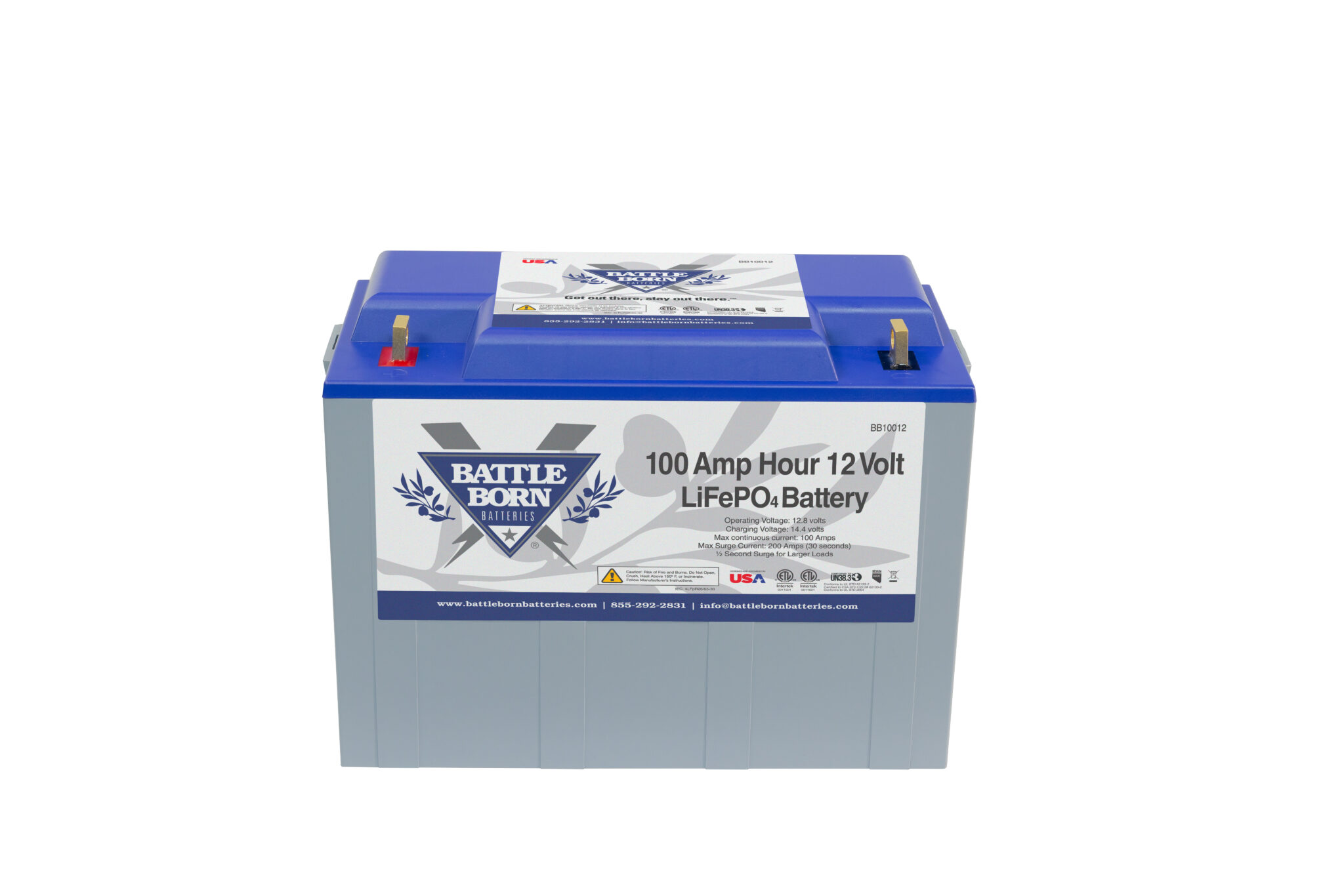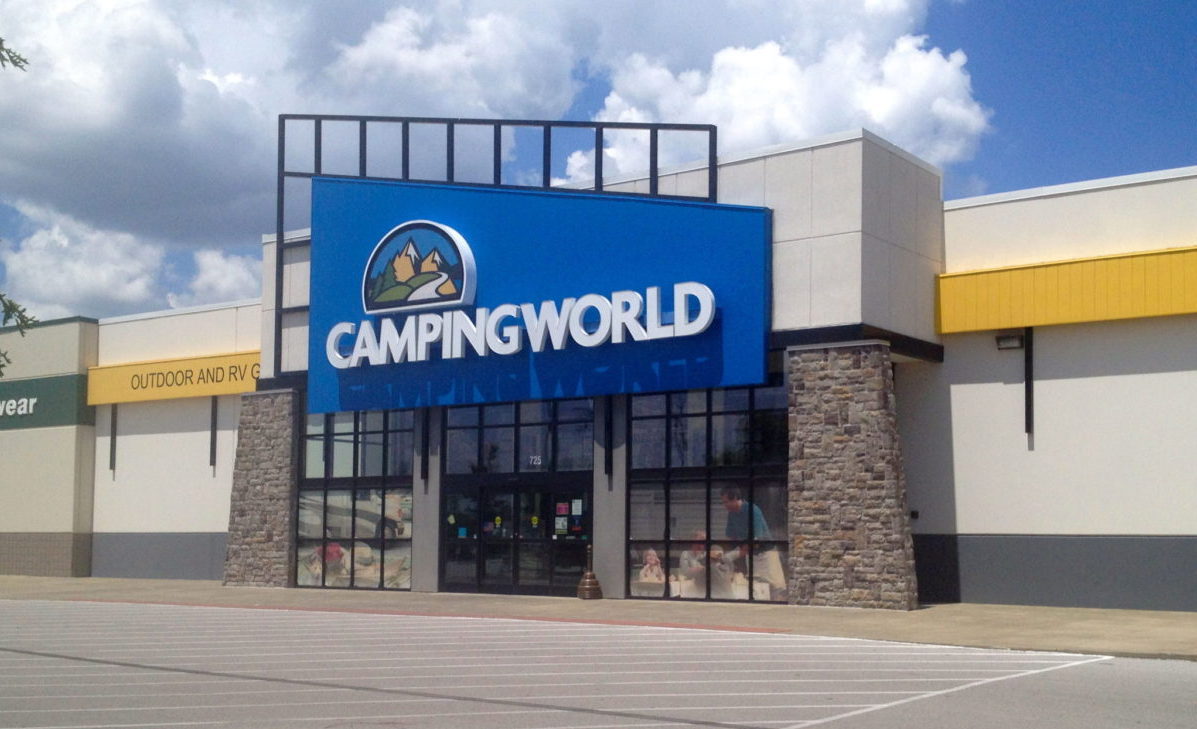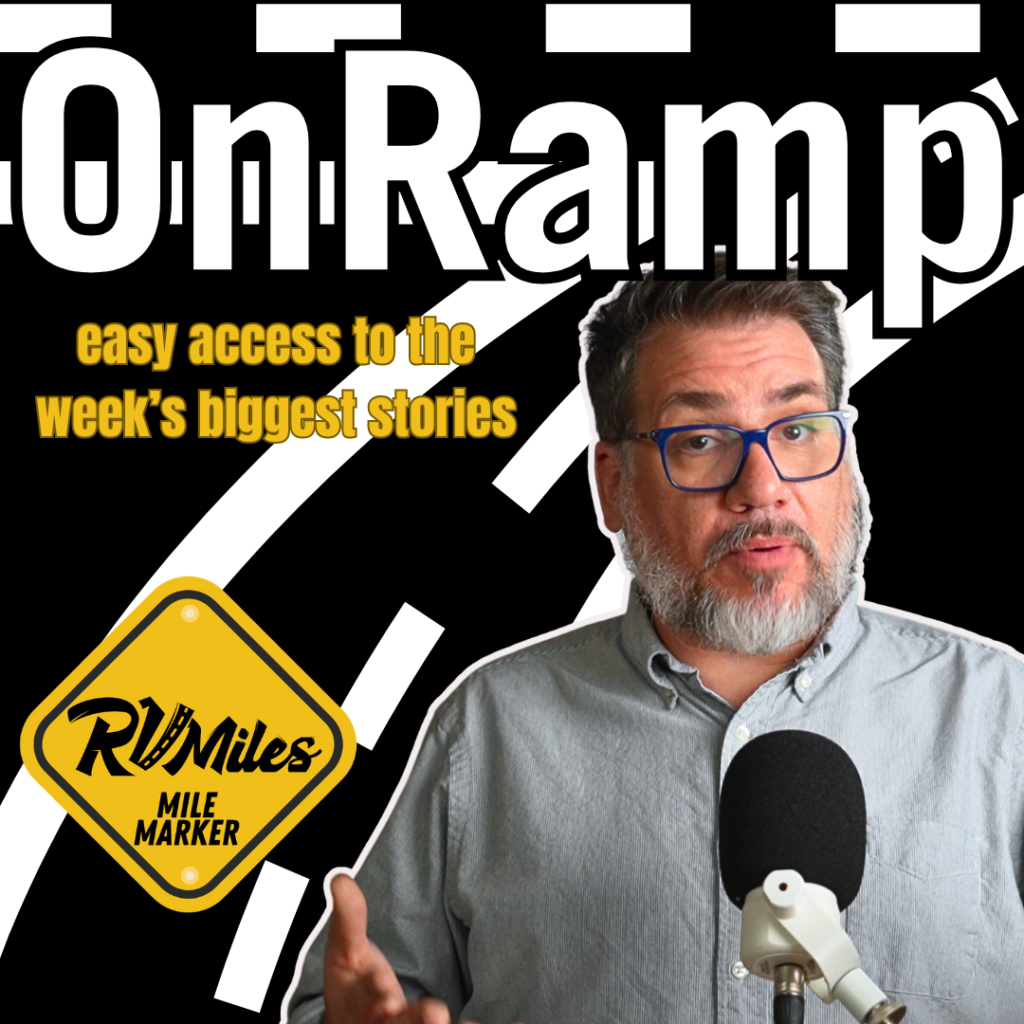Over the last two months, the unemployment rate in the U.S. has jumped from below 4% to over 14%, and some analysts expect it to reach highs of 25% before the pandemic is over. That, along with health and safety closures, had caused devastating hits to sales of products at the majority of American businesses. But one surprising bright spot in the American economy is recreational vehicles.
As states begin to welcome travelers again and relax stay-at-home orders, people are heading to their RV dealership, stimulus cash in hand for a down payment.
Michael Hohl RV Center in Carson City, Nevada, is reporting sales up 130% from the same point last year. The owner of Guaranty RV in Eugene, Oregon, told KMTR-TV that he sold 52 units the first weekend in May, almost double what they sell in a given weekend. Brown’s RV Superstore in McBee, South Carolina told RV Business that sales from mid-March to mid-April were virtually non-existent, with a 9-day period of no sales. That all changed in May. By the 11th, they had already exceeded a typical May’s sales.
And the biggest dealer in the country, Camping World, beat Wall Street’s 1st quarter earnings expectations, which led its stock price to more than triple March lows. Most of the other RV industry stocks are also on the rise, including Winnebago and Thor Industries.
RV rentals are on the rise, too. Today, peer-to-peer rental service RV Share reported an astronomical 650% increase in bookings since early April. Truck sales, which are often partnered with an RV purchase, are about even with 2019. And those that haven’t lost their jobs are putting their stimulus checks to work by making big purchases.
This wasn’t expected to be a good year for RV sales. 504,000 RVs were delivered to dealer lots in 2017, an all-time high, but sales slipped to 406,000 last year. Early numbers for this year were even lower than 2019, but as Americans remain fearful of air travel, cruise ships, and hotels, they’re still itching to travel. They’re seeing RVs as a way to bring their bed, bathroom, and kitchen with them to travel the country, perhaps keeping them safer from the COVID-19 virus.

